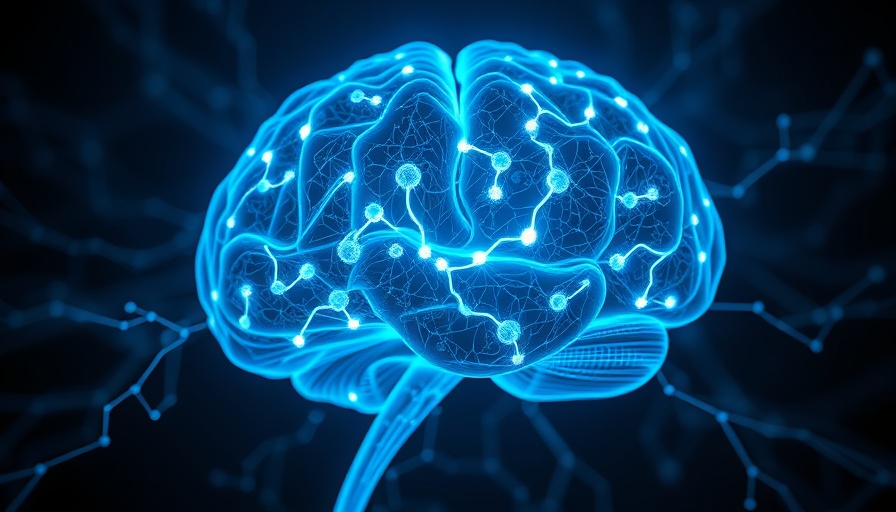
Understanding the Link Between Epilepsy and Frontotemporal Dementia
Recent research indicates that epilepsy is significantly more prevalent among patients with frontotemporal dementia (FTD) than previously thought. This revelation, stemming from a comprehensive study conducted by Neurocenter Finland, highlights an important aspect of FTD that has often been overlooked: the correlation between these two conditions, emphasizing the urgency of diagnosing and treating epilepsy in dementia patients.
New Insights from Recent Studies
The study published in the JAMA Neurology journal is one of the largest investigations into the prevalence of epilepsy in individuals suffering from FTD. More than 12,000 medical records were analyzed, revealing that 245 patients with FTD exhibited a notably higher incidence of epilepsy compared to the approximately 1,300 patients with Alzheimer's disease and healthy controls. This marks a significant finding as it reshapes our understanding of how dementia can manifest.
Epilepsy Before Dementia Diagnosis: A Crucial Finding
One of the key revelations from this research is that some individuals experienced epileptic episodes up to ten years prior to their formal diagnosis of FTD. The detection of epilepsy may be particularly tricky, as symptoms can mimic those of dementia, leading to underdiagnosis and potential complications. This overlap underscores the need for healthcare professionals to be vigilant in monitoring patients exhibiting signs of both conditions.
Emphasizing Treatment and Quality of Life
As the research highlights, the prevalence of epilepsy significantly increased over time in patients with FTD. Within five years following their diagnosis, about 11% of individuals had epilepsy. This warrants an urgent call for awareness among caregivers and medical practitioners alike on the necessity of identifying and managing epilepsy, as effective treatment can substantially improve a patient’s quality of life. Understanding this condition allows for better-targeted interventions, ultimately providing patients with improved functional capacity.
Challenges in Diagnosis and Treatment
The overlap of symptoms between FTD and epilepsy poses significant challenges in accurate and timely diagnosis. Without appropriate recognition, patients risk deteriorating health and diminished quality of life due to untreated epilepsy. By understanding the implications of this link, caregivers can advocate for comprehensive evaluations that consider epilepsy when managing dementia cases.
Future Directions in Research
The research raises an intriguing question regarding whether FTD and epilepsy might share common underlying mechanisms or risk factors. Understanding the relationship between these two conditions could lead to further advancements in treatment and management strategies. As research progresses, there is a pressing need for more studies designed to explore this connection in depth and broaden our knowledge about the interactions between neurological disorders.
Conclusion: A Call for Awareness and Action
The insights stemming from this recent study about the prevalence of epilepsy in patients with frontotemporal dementia urge a reevaluation of how both conditions are treated and monitored. For caregivers and healthcare professionals, this knowledge emphasizes the importance of vigilance in assessing both dementia symptoms and potential epileptic activity. Greater awareness can lead to timely intervention and improved life quality for those affected.
 Add Row
Add Row  Add
Add 




Write A Comment